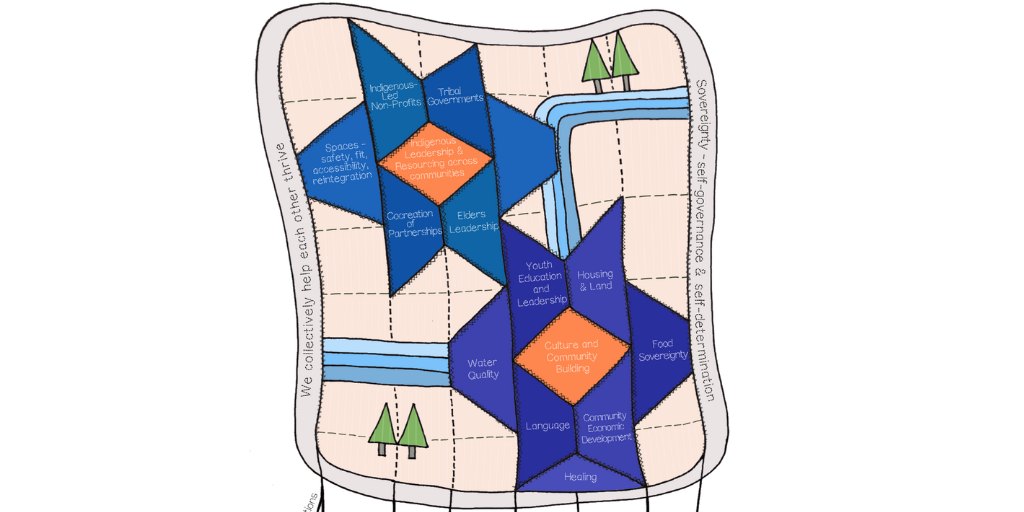 Evaluation takes courage and the willingness to change. When everything seems to be going well, it is especially important to take the time to reflect, to ask the tough questions and to be willing to hear inconvenient answers. What if the work you are doing is popular but not achieving its intended outcomes? What if you learn that the good work you are doing is actually increasing vulnerability and stigma for the people it’s intended to help?
Evaluation takes courage and the willingness to change. When everything seems to be going well, it is especially important to take the time to reflect, to ask the tough questions and to be willing to hear inconvenient answers. What if the work you are doing is popular but not achieving its intended outcomes? What if you learn that the good work you are doing is actually increasing vulnerability and stigma for the people it’s intended to help?
Yes. Evaluation takes courage. However, when coupled with a healthy dose of curiosity and a commitment to put ego aside, evaluation can also lead to new innovations and ensures that programs, services and the work you are doing remain alive to changing trends and emerging priorities.
Eight years after implementing its first Neighbourhood Action Strategy, the City of Hamilton has taken the bold step of reviewing their work. While the Neighbourhood Action Strategy was successful in many ways, an external evaluation found ways that the City’s neighbourhood building efforts could be enhanced.
Reflecting on their original purpose, the City of Hamilton has refocused its efforts on health equity for all its residents. This means, rather than focusing on specific neighbourhoods, the City will work with all neighbourhoods throughout the city to ensure that everyone has access to employment, education, health care, groceries, health care, recreation and other services and programs. This move to expand their neighbourhood work was prompted by learning that singling out neighbourhoods was unintentionally creating stigma; realigning their efforts to support all neighbourhoods will help to alleviate any stigma attached with neighbourhood development efforts.
A key aspect of the original Neighbourhood Action Strategy was working with neighbourhood Planning Teams on Neighbourhood Action Plans. Through the evaluation the City learned that there was a need to expand the community and neighbourhood engagement efforts to include more groups and individuals to ensure everyone’s voice is included in neighbourhood decisions. They also learned that priorities shift faster than Neighbourhood Action Plans are revisited and have since evolved their model to work on one or two emergent neighbourhood priorities at a time with resident champions.
Evaluation takes courage. By taking the time to stop, listen and change, the City of Hamilton was able to refine and enhance their neighbourhood work. They were able to refocus on their goal of health equity for everyone across the city and in doing so address the unintentional stigma arising from the Neighbourhood Action Strategy. Their process has led to innovations in how they engage neighbourhoods and ensure that their neighbourhood development efforts remain relevant and responsive to changing realities.
Learn More:
- Learn more about Hamilton's Neighbourhood Action Strategy
- Read more of Tamarack's resources on Evaluating Impact
- Learn more about Evaluation at the upcoming Community Change Festival





